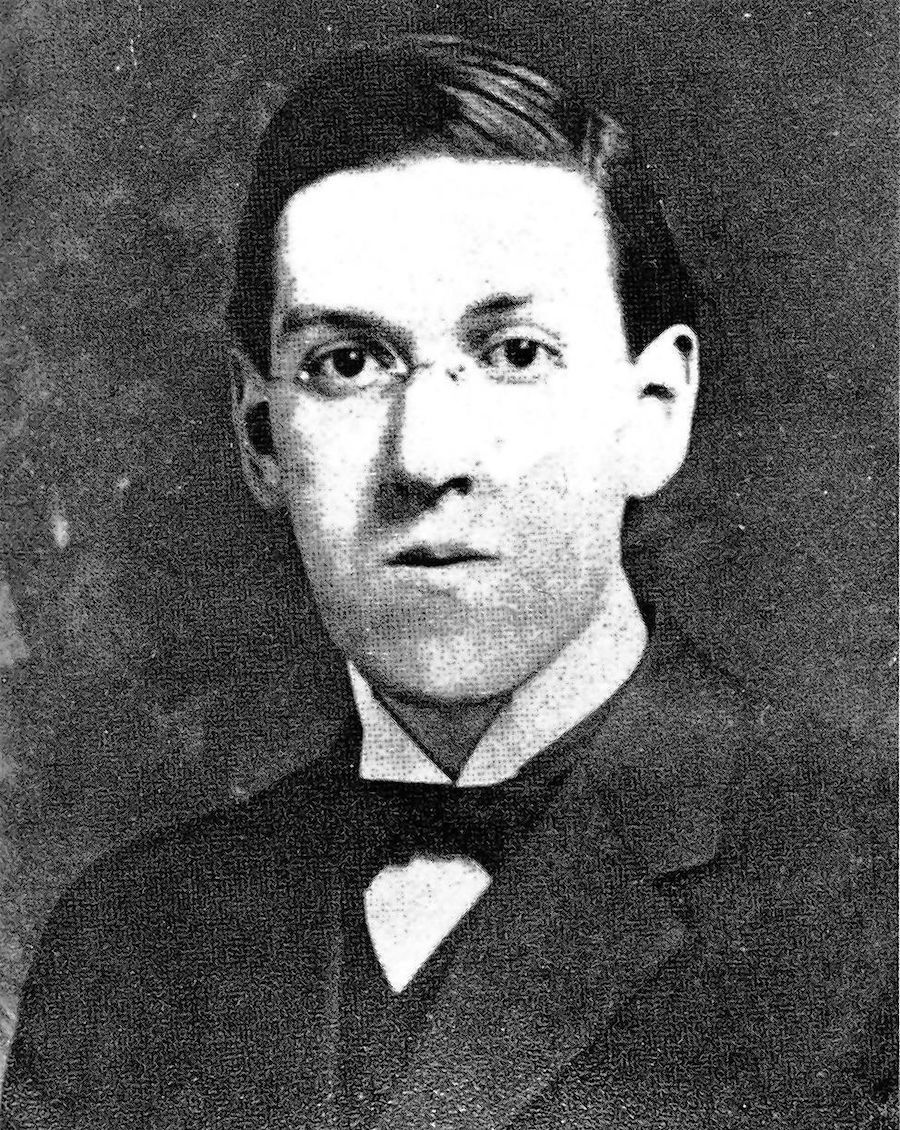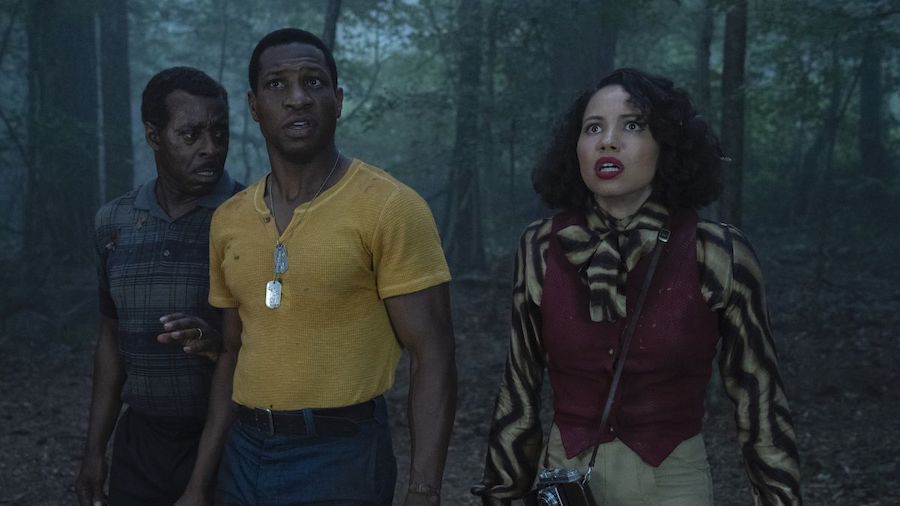HBO’s ‘Lovecraft Country’ is a thrilling sci-fi horror series that grips you not just with its supernatural elements but also with its sharp critique on the face of racism in America. It is a weird mixture of all things interesting and uses every little detail to convey a deeper meaning. With so much thought going into all the little things in the show, we wonder if its title means something, too. It references the name of famous sci-fi horror novelist, H.P. Lovecraft. How is the show related to him? Let’s find out.
Inspired by The Master: Matt Ruff’s Novel and H.P. Lovecraft

HBO’s show ‘Lovecraft Country’ is based on the novel of the same name by Matt Ruff, which, in turn, is heavily influenced by the works of H.P Lovecraft, who has also impacted the works of successful writers and filmmakers like Stephen King, Guillermo del Toro, Ridley Scott, and Neil Gaiman, among others. Lovecraft is primarily known for establishing the genre of “cosmic horror” and giving an edge to science-fiction stories through the creation of some very imaginative otherworldly monsters. We see this influence in the first episode of ‘Lovecraft Country’ when some supernatural creatures attack Atticus, George, Letitia, and some cops at the periphery of Ardham. They identify it as a shoggoth, which is a direct reference to the creatures of another dimension created by Lovecraft in his works.
Before realizing that the town’s name is Ardham, Atticus misreads it as Arkham. While many people might remember it as a key location in the universe of Batman, it is yet another place invented by Lovecraft. It is referenced in his multiple works and the publication name through which Lovecraft sent his novels out into the world. Atticus reads the name on the spine of a book called ‘The Outsider and Others’ by Lovecraft, which contains some of his most famous works.
The title of ‘Lovecraft Country’ comes from the setting that has repeatedly appeared in the author’s works. He invented new places while sewing them with real locations, often in New England fabric. Because the show’s story also journeys across some known and unknown places, the reference to Lovecraft’s imaginary world seems fitting in the context of a sci-fi story. There is, however, much more to it than that.
HP Lovecraft Was an Unapologetic Racist
Yes, by all accounts, despite being a celebrated author (although posthumously), H.P Lovecraft was an outright racist — an unapologetic one at that. While his stories focused on the themes of humanity, fate, religion, science, and extraterrestrial life form, the most consistent of them all was the ingrained racism. His metaphors and allegories about the horrific things, especially the outsiders, were more about the racial relations from his lens. He was very vocal about his thoughts, going as far as to admit that he liked Hitler.
Black people weren’t the only ones he considered inferior in all respects. He was also similarly disinclined towards Irish, Jewish, and all the non-white immigrant communities. In the show, when Atticus and George talk about him, Atticus mentions a little poem by him that his father had made him memorize. In his 1912 work, ‘On the Creation of’, Lovecraft refers to black people as “the beasts for lesser parts… too remote from humankind,” who were wrought “in semi-human figure” and “filled with vice”.
After considering all these shameful and appalling thoughts of Lovecraft, one wonders why his name would be associated with a story that puts black people at the center of the narrative, giving them the power to break the barriers of reality and venture out into the sci-fi and supernatural territory, vanquishing all kinds of beasts and emerging victoriously. But that’s the point of it. Over the years, while people have claimed their love for Lovecraft’s imaginative worlds, they have also been vocal about the racism in his works. A lot of writers have taken the mantle of rewriting these stories, taking the references and contexts to flip the narrative, and right the wrongs done by Lovecraft. Ruff’s book does the same. By placing his characters within Lovecraft’s creation, he challenges the author’s notion of all things bad about people of color and hands over the control to them to be the heroes of the story rather than being allegorized as lesser beings or outright monsters.
Read More: Review: Lovecraft Country Episode 1


You must be logged in to post a comment.